Mercedes-Benz to source CO2-free electricity in Germany from solar, wind and hydropower from 2022 onwards
Green Car Congress
MARCH 29, 2021
Mercedes-Benz is expanding its green power portfolio in cooperation with the energy supplier Enovos and the Norwegian energy producer Statkraft. The first Mercedes-Benz locations are already being supplied with this CO 2 -free electricity. The expansion of the green power portfolio in Germany is an important basis for this.

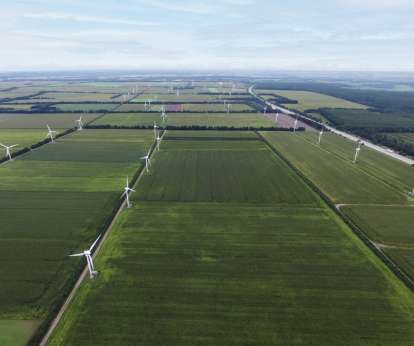

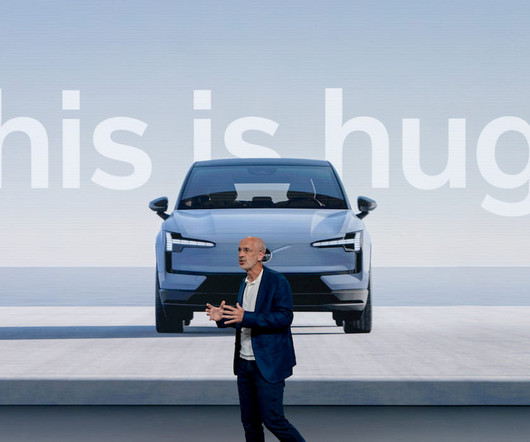


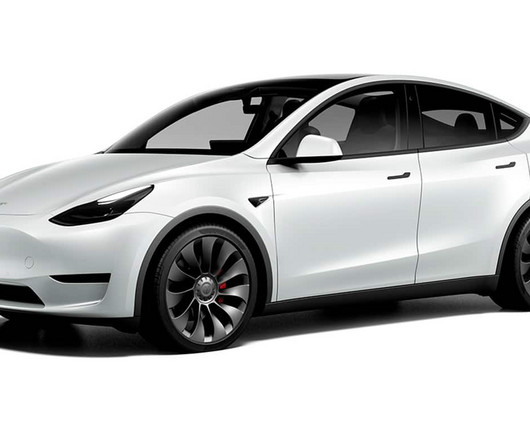
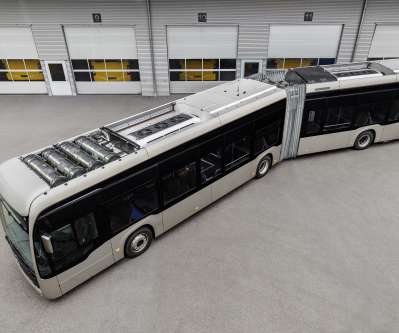
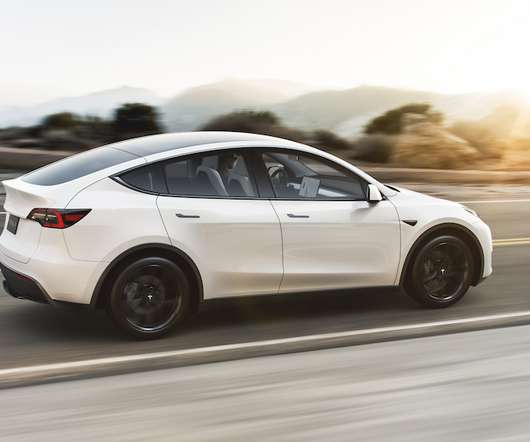






Let's personalize your content